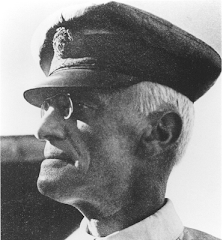
I never know what to call them, but the term 'dust jacket ' works for me.
I recently visited a local bookshop and found that they had just purchsed a small, but well looked after, and valued collection of Percy Westerman books, all dated from the 1940's and into the early 1950's. These were obviously loved and cherished books that had been an important part of the previous owners growing up.
Dust jackets, although designed to be functional, are an iconic glimpse into the period of publication. The paper dust jackets can be so attractive. I was told by one book dealer that there are many collectors who only buy books for the cover art. It is such a shame that they are so fragile and do not easily stand the test of time. Dust jackets are often found in a poor state, torn with parts missing, or my personal favourite ' the cellotape repair'.... this stuff should be banned and withdrawn from sale or carry a government warning. Whoops! there I go again. Finding dust jackets in good condition is still exciting. Yes, "My name is Nigel and I have dust jacket envy".

The images with the cover artists/illustrators are:-
Standish Pulls it Off (1940) W Edward Wigfull
Squadron Leader (1946) Terrance T Cuneo
Golden Gleamer (1948) M Mackinlay
Sarabinda Island (1950) A Barclay
The Mystery of the Key (1948) Ellis Silas
Missing Believed Lost (1949) Will Nickless









